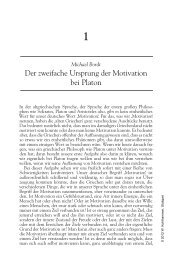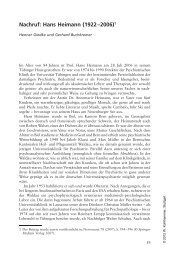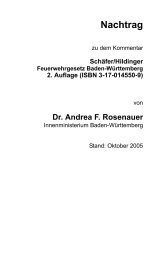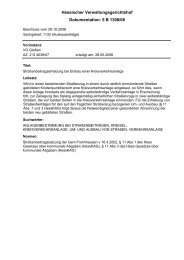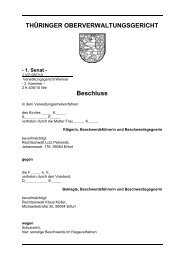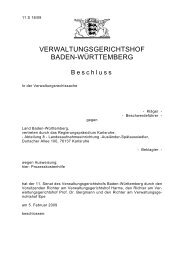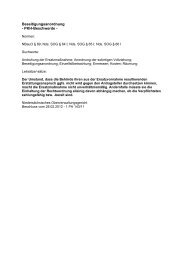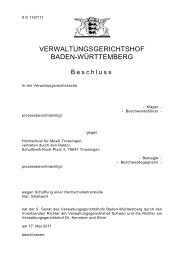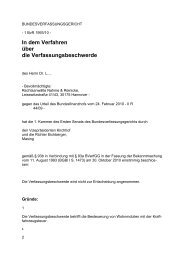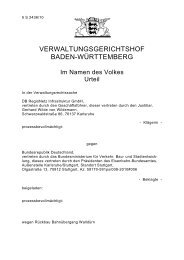You also want an ePaper? Increase the reach of your titles
YUMPU automatically turns print PDFs into web optimized ePapers that Google loves.
Defeat of<br />
Philistia<br />
continued.<br />
God’s house a<br />
garrison.<br />
42 9:1–<strong>17</strong><br />
of the Philistines,” i.e., as a reference to their pride in their own efforts and accomplishments.<br />
9:6b-8. Yhwh speaks of Yhwh’s redemptive work<br />
The second section of Zechariah 9 appears in vv. 6b-8. At this point the verbs in<br />
the chapter change voice to the first person singular, and continue in that voice<br />
through v. 13. God says: “I shall cut off [ ת רכ]<br />
the majesty of the Philistines.” Verse<br />
10 also employs that same verb in connection with God’s cutting off the war horse<br />
from Jerusalem, creating a nice connection between those two sections of the<br />
chapter. The result for the Philistines will be more or less positive. Here God<br />
promises to put an end to the “pride of Philistia” mentioned in v. 6a, but does not<br />
threaten the destruction of Philistia. The verse seems to anticipate its continuation<br />
within the boundaries of the future Israel/Judah.<br />
Verse 7 continues to develop the motif of loss by Philistia, adding that its<br />
people would be reduced in importance as the Jebusites had been. The Jebusites<br />
were listed among the traditional inhabitants of Canaan (see Gen 10:16; 15:21; Exod<br />
3:8; 3:<strong>17</strong>; 13:5; 23:23; 33:2; 34:11), and they inhabited Jerusalem and its environs<br />
(see Josh 18:28; Judg 19:10). David brought the city under Israelite control after he<br />
became king (2 Sam 5:6–10). Verse 7, therefore, concludes with a prediction of<br />
Ekron coming under the control of God as Jerusalem had come under the control<br />
of Israel’s great king David.<br />
God promises to take away the blood/food from the mouths of the people of<br />
Ashdod. This promise is sometimes said to have in mind all the Philistines rather<br />
than Ashdod alone, and it certainly might. The pronoun associated with the noun<br />
“blood,” however, is masculine singular and might fit the single city better than<br />
the plural noun “Philistines.” Thus, Ashdod alone seems to be the referent for the<br />
pronoun “his.” The passage continues by saying that Ashdod would be like a “clan”<br />
( ף לא)<br />
in Judah. The basic meaning of the word is “thousand,” so it is used of groups,<br />
in 1 Sam 10:19 of a subdivision within a tribe. 20 In Zech 9:7 likewise the word<br />
seems to refer to a subgroup within Judah. The motif of the reduction of Ashdod’s<br />
power and the city’s concomitant inclusion within the Judah of the future suggests<br />
its subordination to Judah.<br />
Finally, in v. 8 God promises to defend God’s house, making it a garrison<br />
against enemies. In late sixth-century Yehud, there was not much to the city of<br />
Jerusalem, but the verse insists that God would defend it against any further intrusions<br />
like the Babylonian attack. The passage employs two descriptions for enemies.<br />
The first is the phrase “all who depart and return.” It seems to have in view<br />
enemy armies marching back and forth through Judah and Jerusalem, especially<br />
the Babylonian army in the years leading up to the fall of Jerusalem and the<br />
20 In 1 Sam 10:19 Samuel commands the people of Israel to present themselves by tribes<br />
and by clans. The word appears again in Zech 12:5–6, where the NRSV translates it as<br />
“clans.” ה חפשׁמ,<br />
the more typical word for “clan,” is not used here.<br />
© 2012 W. Kohlhammer, Stuttgart



